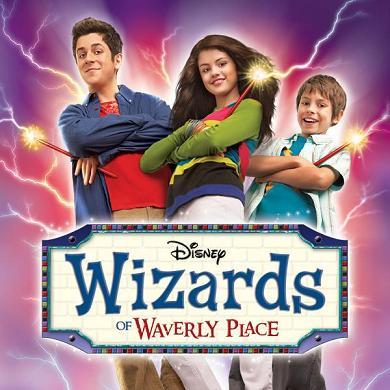Reading Unlearning the
Myths That Bind Us by Linda Christensen I believe that the argument she brings up in this article is that “Our society’s culture industry colonizes
their minds and teaches them how to act, live, and dream”(1). Christensen
believes that when we present our children with these cartoons, literature, and
movies we find to be harmless what is really going on in their minds is
something called “secret learning”. She believes that when children are exposed
to these art forms they are learning much more. They are discovering the world
of stereotypes which are used to manipulate, and influence children. I too was
in denial before reading this. I thought to myself how could harmless Disney
movies influence and manipulate children, could they really be receiving some
sort of secret learning? And then I remembered how many times I've watched my
five year old cousin prance around in a party gown, her mom’s heals, a crown,
and a light up wand, chanting “I’m a pretty princess”. I couldn't believe she
actually believed she was a princess and the fact that she also caught on to
the stereotype that says that all princesses are supposed to be pretty, was
shocking to me. I also thought back to when I used to watch Wizards of Waverly Place back when I was in middle school and how I desperately wanted to be
Selena Gomez because she was pretty and had nice clothes. In this reading
Christensen does an activity where she wants her children to critique a number
of cartoons she displays to them so that they become aware of the secret
learning that is hidden in them. She believes that in order for us not to get
sucked up in the secret learning we must first accept that there is an issue, analyze
it, form opinions, take the actions and use it to make a difference. When
reading this I couldn't help but think about Johnson who said that “you can’t
deal with the problem if you don’t name it; once you name it, you can think,
talk, and write about it. You can make sense of it by seeing how it’s connected
to other things that explain it and point toward solutions” (Johnson 11). I
believe that this quote from Johnson connects to Christensen argument because
she too believes that we have to acknowledge the issue that “our society’s
culture industry colonizes minds and teaches people how to act, live, and dream”
(1), in order to take the stepping stones needed to create solutions.


Talking point: After reading this article it made me think of Disney movies so much differently. I questioned whether I wanted to believe in Christensen’s argument at first until I did a little research of my own and what I found made me so upset. Below is a link to some of my favorite movies I grew up watching, just look at what the author of this webpage had to say about them.


Talking point: After reading this article it made me think of Disney movies so much differently. I questioned whether I wanted to believe in Christensen’s argument at first until I did a little research of my own and what I found made me so upset. Below is a link to some of my favorite movies I grew up watching, just look at what the author of this webpage had to say about them.

You made some very good connections in this post from other readings and things in society relating back to the article.
ReplyDeleteHey Nelsy,
ReplyDeleteI really liked your connection to Johnson because it really is true concerning how little people want to admit how bad Disney can be for children. What could be seen as just entertainment is just a sad set of misconceptions that are spoon fed to kids believing that their values are the favored ideals. I also really liked how you shared your own reluctance to believe what Christensen said and how you did some work on your own to show your stance on the matter. Really good work.
I felt the same way you did about the article. It was so hard to think that these childhood memories could have done so much damage.
ReplyDelete